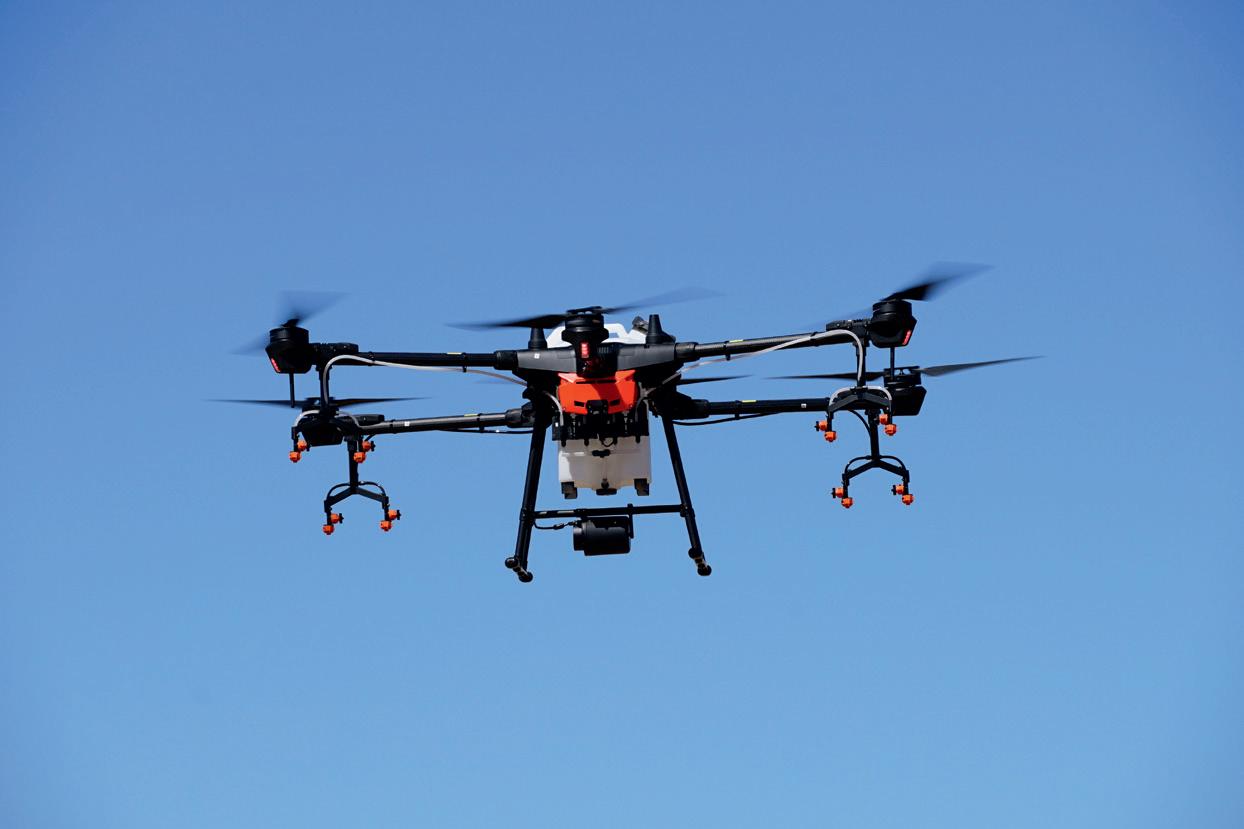
2 minute read
Are agricultural economists READY FOR BIG DATA?
by WCDOA pubs
by Wilna Malan, wilnam@elsenburg.com
TThe Agricultural Economics Association of South Africa (AEASA) commemorated World Statistics Day, held on 20 October 2020, with a webinar entitled “A career in agricultural economics: The importance of data, analytics, technology and digitalisation – are we prepared?”.
The purpose of the webinar was to get inputs from data scientists, agricultural economists and an agricultural recruiter on the prominence of data and analytics in their current positions. The discussion also looked at whether agricultural economists are ready to deal with the wealth of data, opportunities, and challenges posed by digitalisation.
Mr Hanjo Odendaal, senior data scientist at 71point4, presented “The rise of the digital age economist”. According to him, what distinguishes agricultural economists from the modern-day data scientists is their niche knowledge and the ability to communicate analytical findings and influence policy or business decisions. Hard skills such as coding and scientific rigour are important for agricultural economists, but their integration into domain knowledge and understanding of economic incentives is what differentiate them from others.
Ms Marion Delport, lead data scientist at the Bureau of Food and Agricultural Policy (BFAP) identified different interpretations of the term “big data” as a challenge. She cited the Analytics Software and Solutions (SAS) definition, which states that big data exists “when the volume, velocity, variability and variety of data exceed an organisation’s storage or computing capacity for accurate and timely decision-making”. Ultimately, the most important role of economists is to use such data in a process of visualisation, transformation, and modelling to create intelligence and understanding to make better decisions.
After the two presentations by the data scientists, reflection from a panel of practising agricultural economists provided further insights. First, each panellist confirmed the importance of having relevant tools to manage and analyse data well. Secondly, Ms Lindie Stroebel, South African Country Manager: Mission, reiterated how important it is for agricultural economists to apply their skills and through data analysis, use the information to make decisions, to inform policies or assist clients with the day-to-day workings of their businesses. Thirdly, each organisation or business in which agricultural economists work has a diversity of datasets, each uniquely aligned to its industry. In one example, Mr Tshepo Morokong, senior
Mr Tshepo Morokong, senior agricultural economist WCDoA.


although her formal education provided the necessary skills for data analysis, she lacked the understanding of industry-specific issues and how to package data in a way that farmers can understand, use and apply to improve their businesses. This problem was also identified by Mr Louis Fourie, General Manager:Trade at Idea Fruit. One of the most important undertakings of their company is to ensure that their data is integrated and that their data integrity is in place. Because their industry is unique, they needed to design and build customised systems. He had to learn these skills on the job.
Finally, recruitment specialist Ms Marianne van der Laarse from Agrijobs noted a recent trend where agricultural economists are moving towards integrating disciplines. They do this by combining their field of study with other fields like industrial engineering or data science. However, prospective agricultural economists should focus on their domain knowledge of agriculture.
agricultural economist at the Western Cape Department of Agriculture, explained why it is crucial in his line of work, studying the macro economy, to contextualise data and to answer a specific research question. He also cautions that data alone without the underlying context can lead to very misleading findings.
Another agricultural economist from Grain SA, Ms Ikageng Maluleke, pointed out that
It is said that information is the oil of the 21st century and analytics is the combustion engine, according to Peter Sondergaard. Are our agricultural economists ready for this challenge? The author believes so, because agricultural economists are excelling in diverse areas within the industry through their acquired expertise, knowledge and ambition to learn specialised skills in their respective fields.










